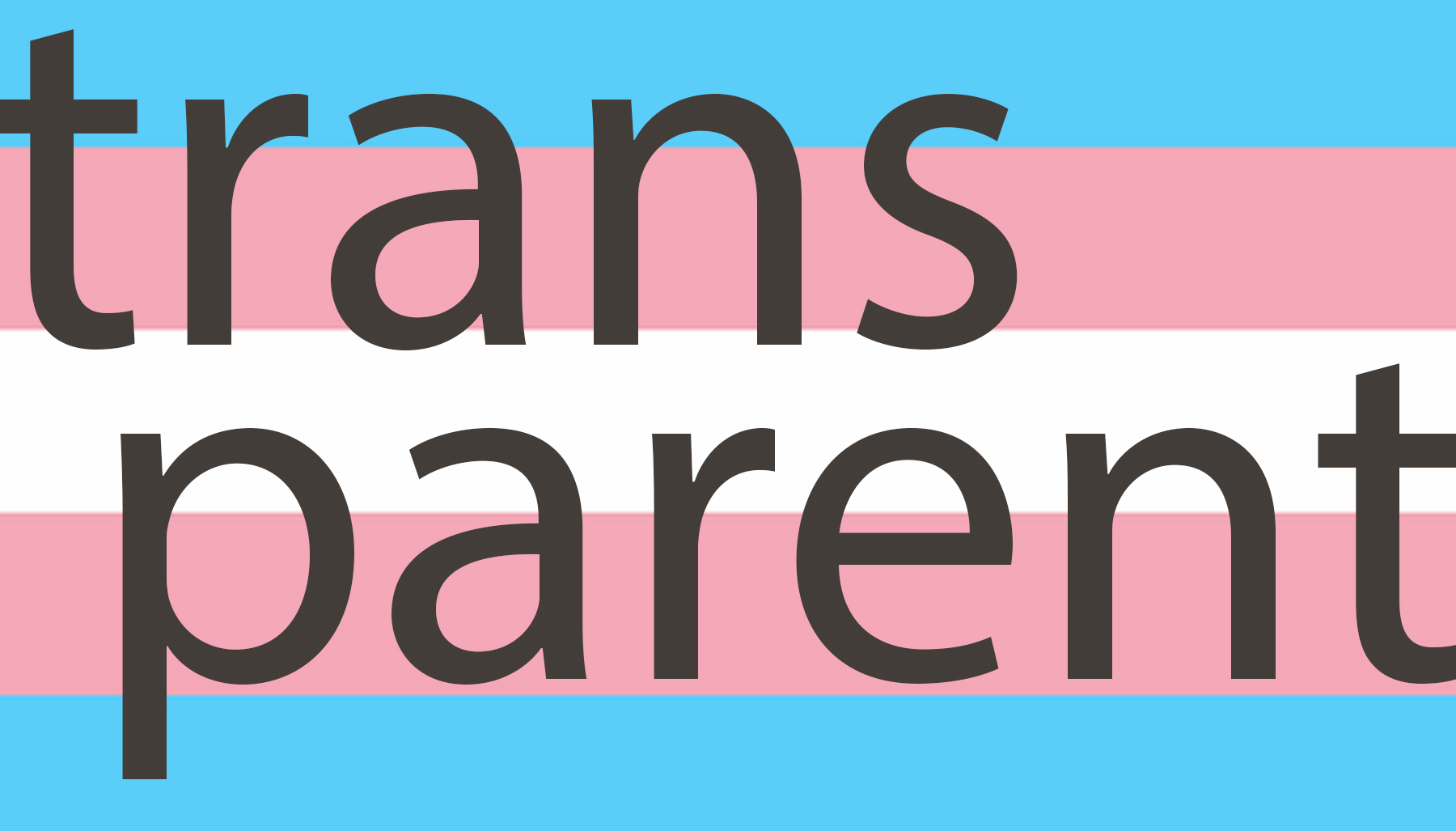
Taking the word “queer” back for us
By: Jasper Scelsi, Columnist
“Queer.” If you’re a part of the LGBTQ community, that word could make you feel a variety of ways. Accepted. Scared. Welcome. Hurt. Understood. Attacked.
Some people have this word as a part of their identity, and some people connect it to bullying they have received. Some, like myself, have a complicated relationship with the word that is a mixture of the two.
I am a trans man, but another label I use is genderqueer. Genderqueer is a type of nonbinary gender where the person’s gender is a gender other than “male” or “female,” so a type of third gender that isn’t a mixture of male and female or an absence of either.
This isn’t the only identity which has “queer” in it. Some people describe their sexuality as queer. Usually, a queer sexuality is a multisexuality, meaning the person is attracted to more than one gender.
Other examples of multisexualities are pansexual and bisexual, to name a couple. Queer can also be used to describe the sexuality of a nonbinary person, because they may not identify with “straight” or “gay” identities because they do not have an “opposite” gender and may not only be attracted to others with the same gender.
Being genderqueer, I once had someone tell me I wasn’t allowed to have that gender because that word was a slur. That hurt, because that word made me understand myself a little more. I wondered if I had to change how I described myself to make others feel welcome.
But I know several other people who can’t stand the word. One gay man I know described the word as “second only to the f slur.” He had been called queer in a derogatory way and feels uncomfortable being called that as such.
But oppressed communities can attempt to reappropiate former slurs. Everyone else I talked to liked the word. Some feel like the word makes it so they don’t have to “unpack a complex identity” and it can be a “catch-all” term.
It makes them feel like a part of something, and it’s easier to say than “LGBTQ.” Many have only seen it used in a positive light, but see it as a negative when a non-queer person uses the term.
My relationship with the term is complicated. I like it as an adjective, but not as a noun. I am a queer person, not a queer. But I do feel like it’s a way for people to feel a sense of community. And I welcome the use from anyone that is LGBTQ.

